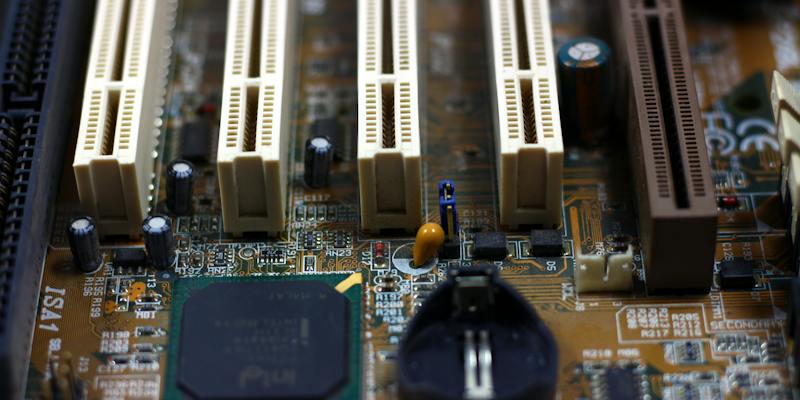There is a lot of anticipation and excitement surrounding the significant developments in PC hardware expected in 2024. One of the highlights is AMD’s Zen 5 architecture, which has been the subject of leaks and rumors from a reputable industry leaker. These leaks have provided some intriguing insights into what we can expect from AMD’s next-generation processors.
According to the leaks, AMD has already begun production of its Zen 5 CPUs, which means we could see some teasers as early as June at Computex. This news has PC enthusiasts and tech aficionados eagerly waiting for more information about what AMD has in store.
While AMD is known for pushing the boundaries of chip design, it seems that for Zen 5 on the desktop, the company will be sticking with its tried-and-true 16-core, 32-thread chiplet design for its flagship part. This decision isn’t surprising, given the success of this design in previous generations. It allows for efficient power distribution and a high core count, resulting in excellent multi-threaded performance.
However, the leaks suggest that AMD will introduce one significant change with Zen 5 – the addition of a Neural Processing Unit (NPU) for AI tasks. This move aligns with the growing demand for AI capabilities in various computing applications. By incorporating an NPU, AMD aims to enhance the AI performance of its processors, making them more attractive to users who rely on AI-intensive workloads.
Beyond the addition of an NPU, Zen 5 is also expected to bring improvements in IPC (Instructions Per Clock) performance. IPC improvements have been crucial for enhancing single-threaded performance, and with Zen 5, AMD is likely to continue its trend of delivering noticeable gains in this area. This is great news for gamers and professionals who rely on applications that benefit from strong single-threaded performance.
One of the big questions surrounding Zen 5 is which manufacturing process AMD will use and what the naming scheme will be when it finally arrives. Speculation suggests that AMD will likely opt for TSMC’s 3nm process for Zen 5. However, given the nascency of TSMC’s most cutting-edge node, it wouldn’t be surprising if AMD ends up going with the slightly less advanced 4nm process instead. The choice of the manufacturing process will have implications for power efficiency and performance.
Another aspect generating some buzz is the naming scheme for Zen 5. AMD’s mobile parts have already faced criticism for their naming conventions, and it remains to be seen how AMD will navigate naming their Zen 5 processors. With rising anticipation and high expectations, it’s essential for AMD to come up with an intuitive and logical naming scheme that resonates well with users.
While Zen 5 holds many promises, PC enthusiasts and consumers also have high hopes for AMD’s second-generation AM5 offering. As the successors to the highly popular AM4 platform, the AM5 processors are expected to bring significant advancements and improvements in terms of performance, features, and compatibility. The AM5 launch is eagerly anticipated as it is expected to play a vital role in shaping the future of PC hardware.
In conclusion, 2024 holds great promise for PC hardware, and AMD’s Zen 5 architecture is one of the main reasons behind the excitement and anticipation. Relying on leaks from a reputable industry leaker, we’ve learned that AMD has already started production of Zen 5 CPUs, with possible teasers expected as early as Computex in June. While the chiplet design is likely to remain unchanged, AMD is rumored to incorporate an NPU for AI tasks and deliver IPC improvements. The choice of manufacturing process and the naming scheme are open questions that will be interesting to see unfold. With high expectations for AMD’s second-generation AM5 offering, it’s safe to say that PC enthusiasts have a lot to look forward to in 2024.

